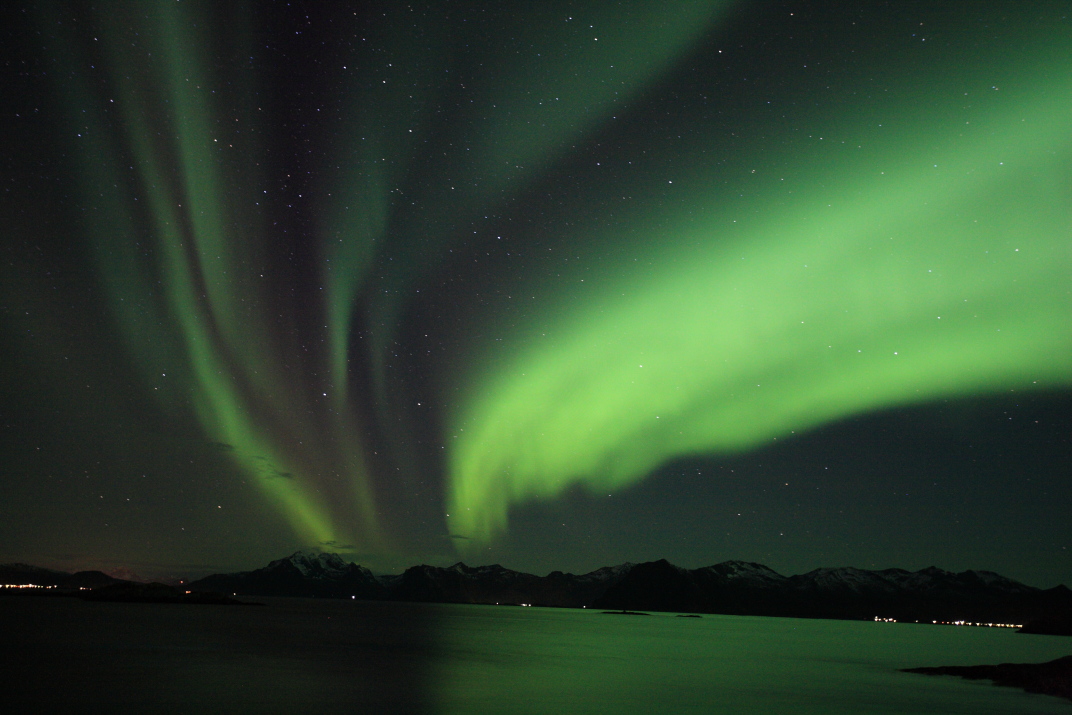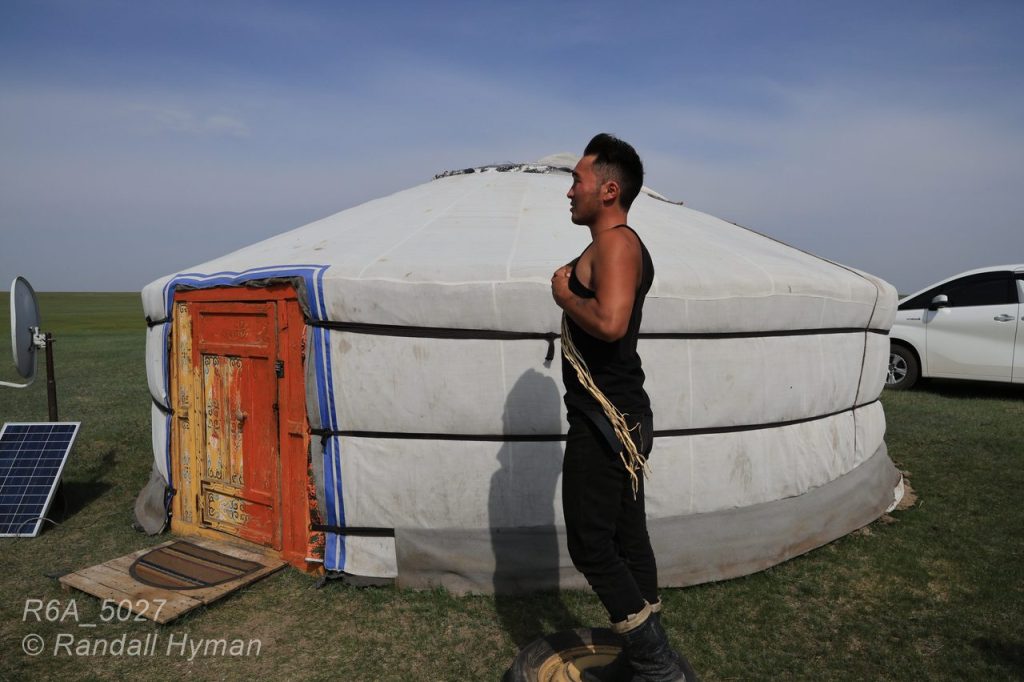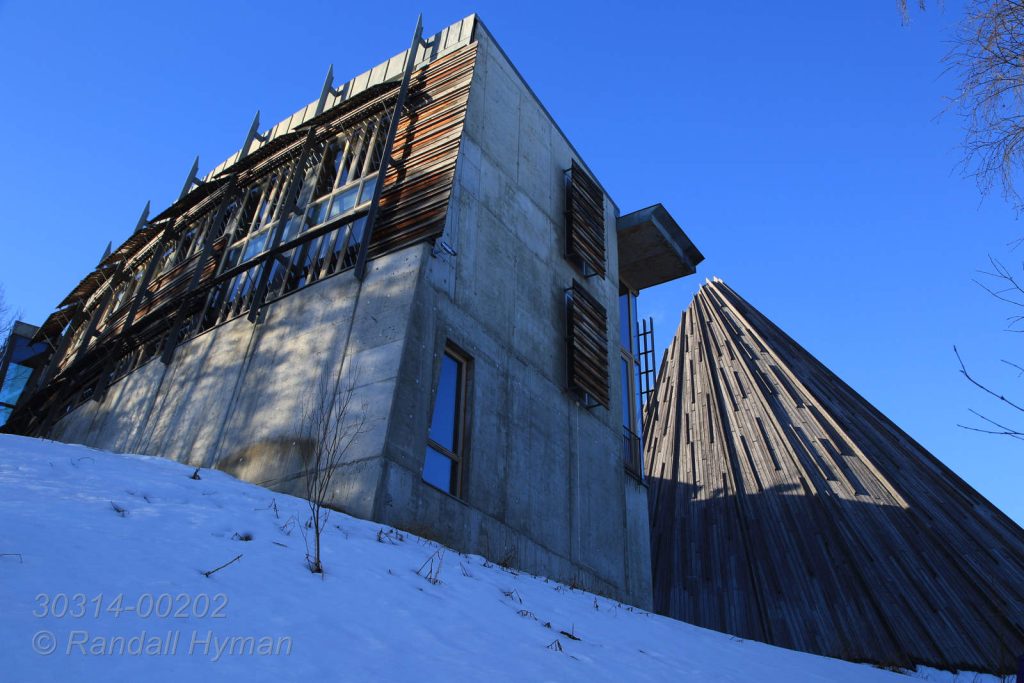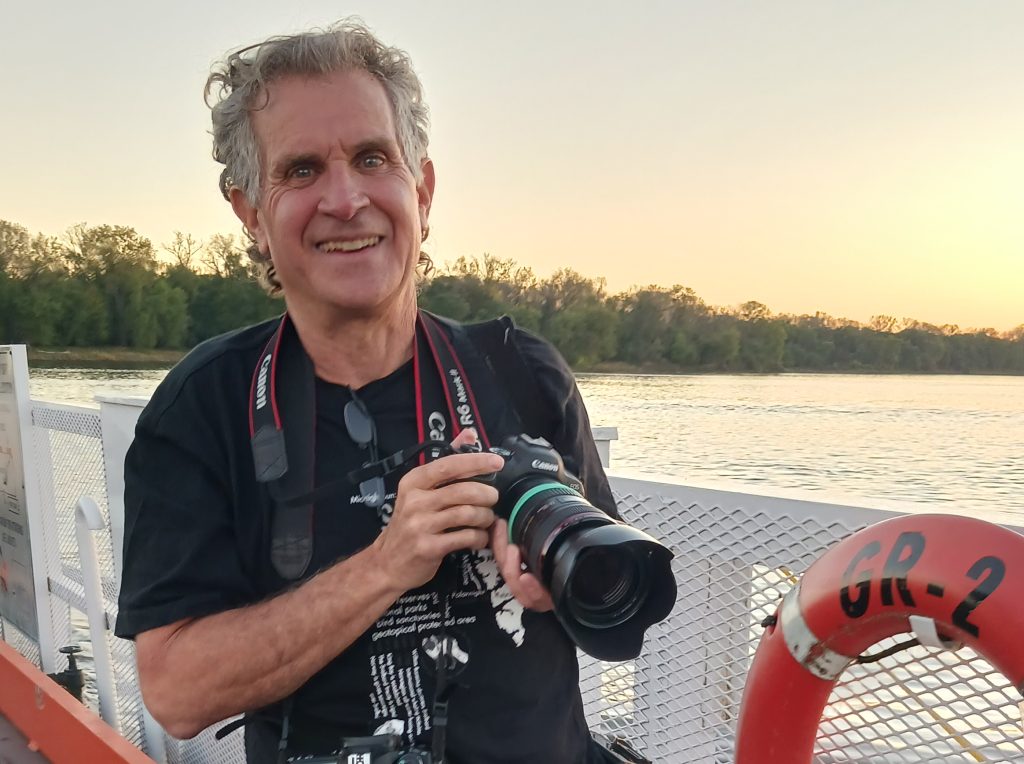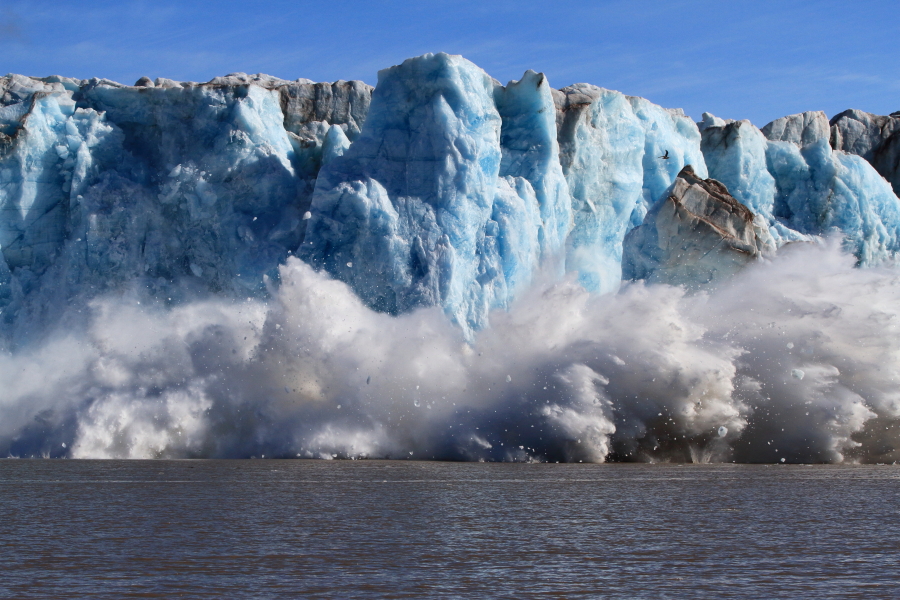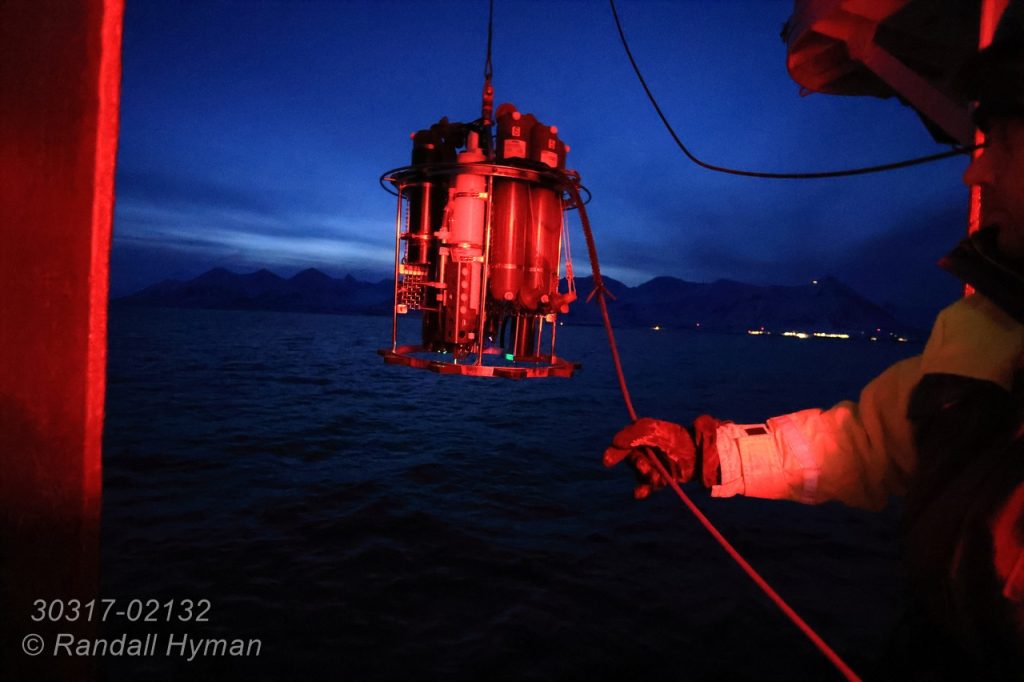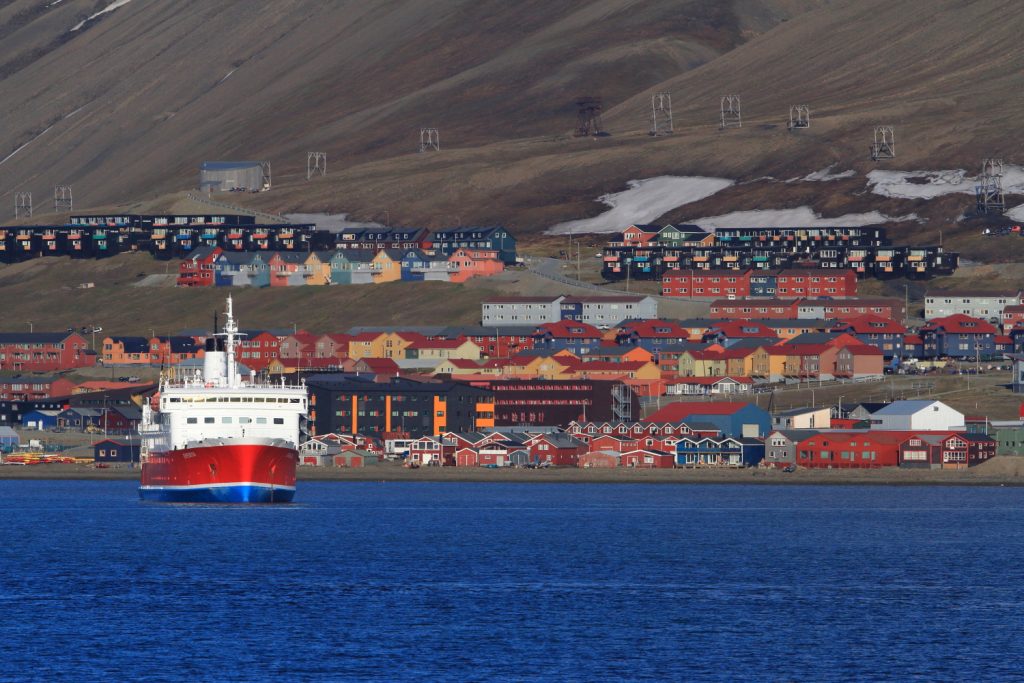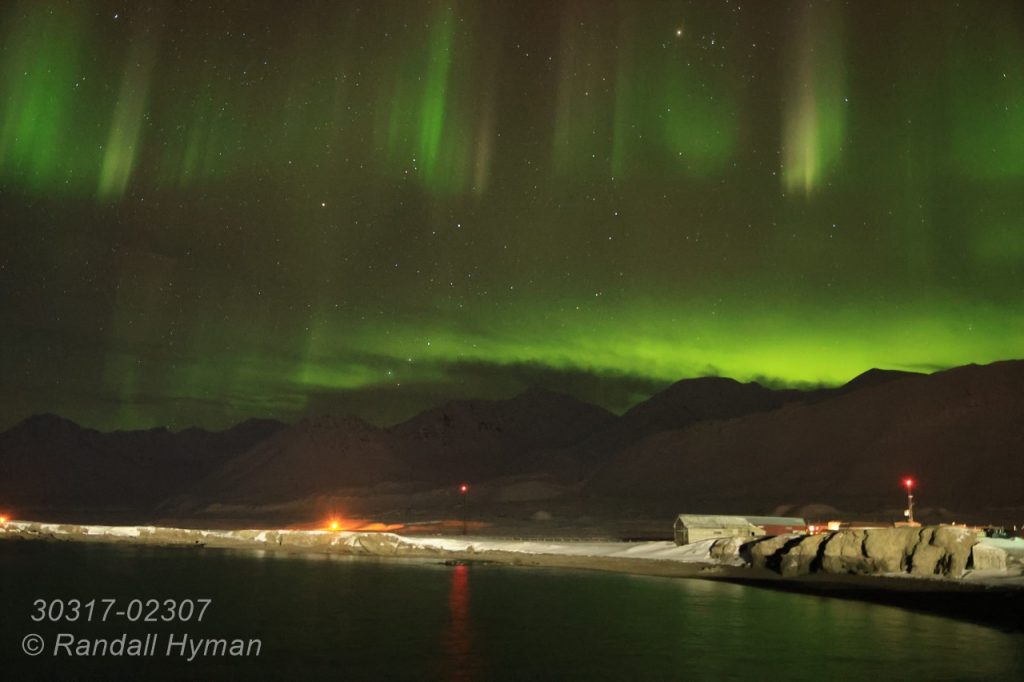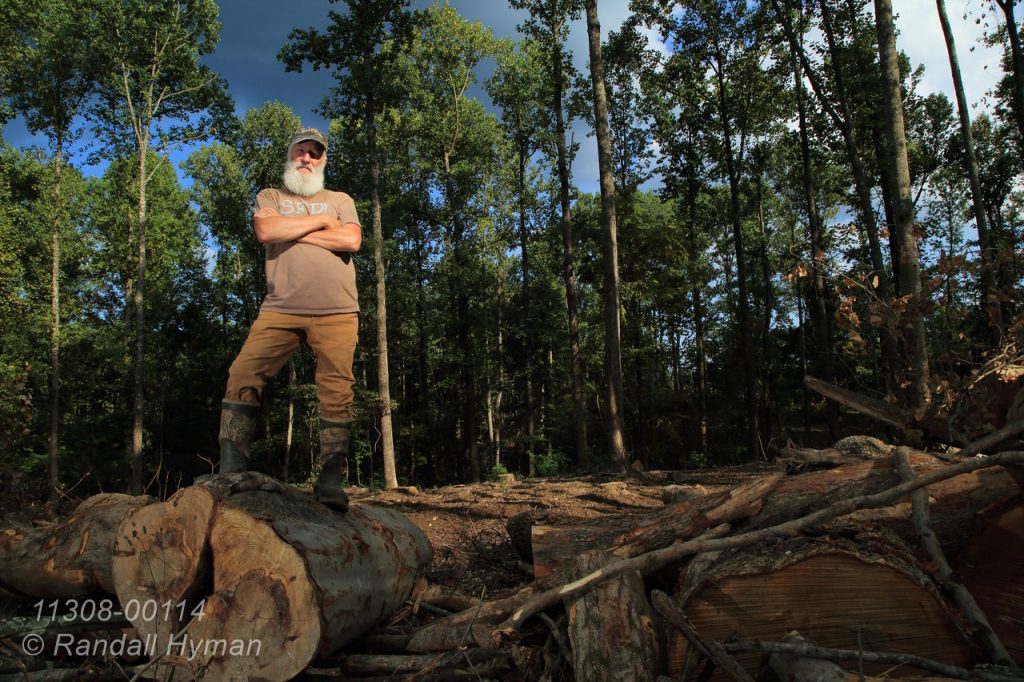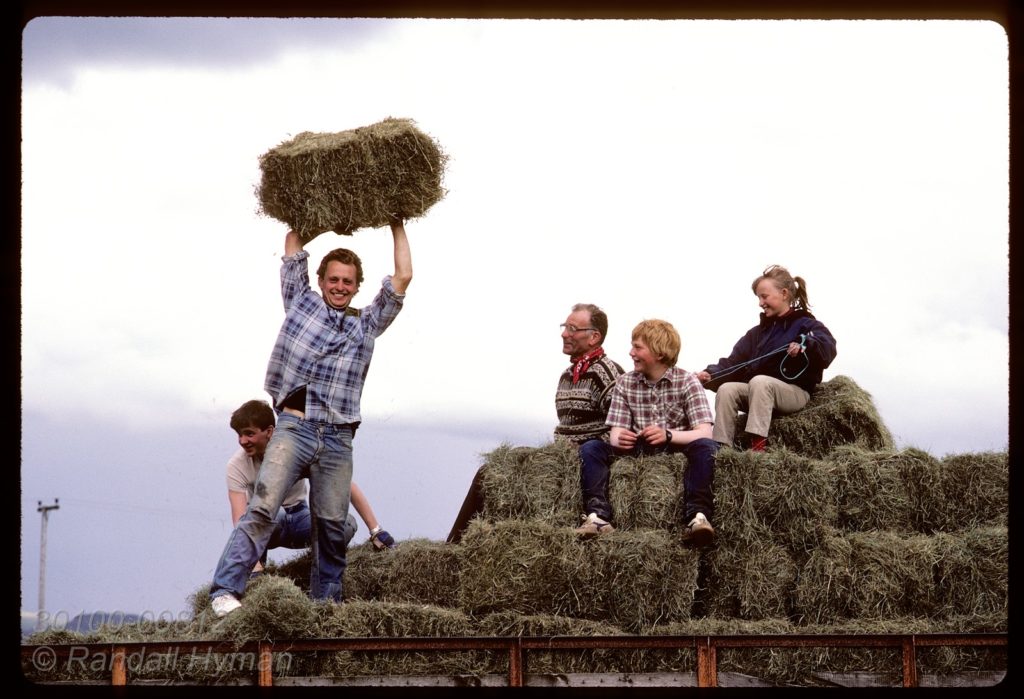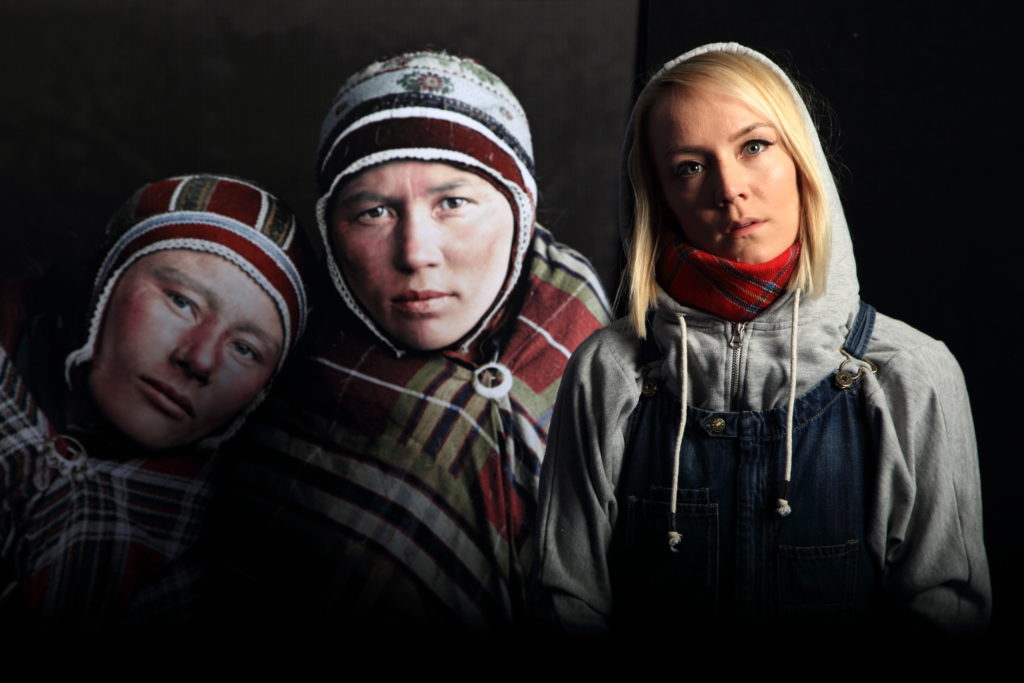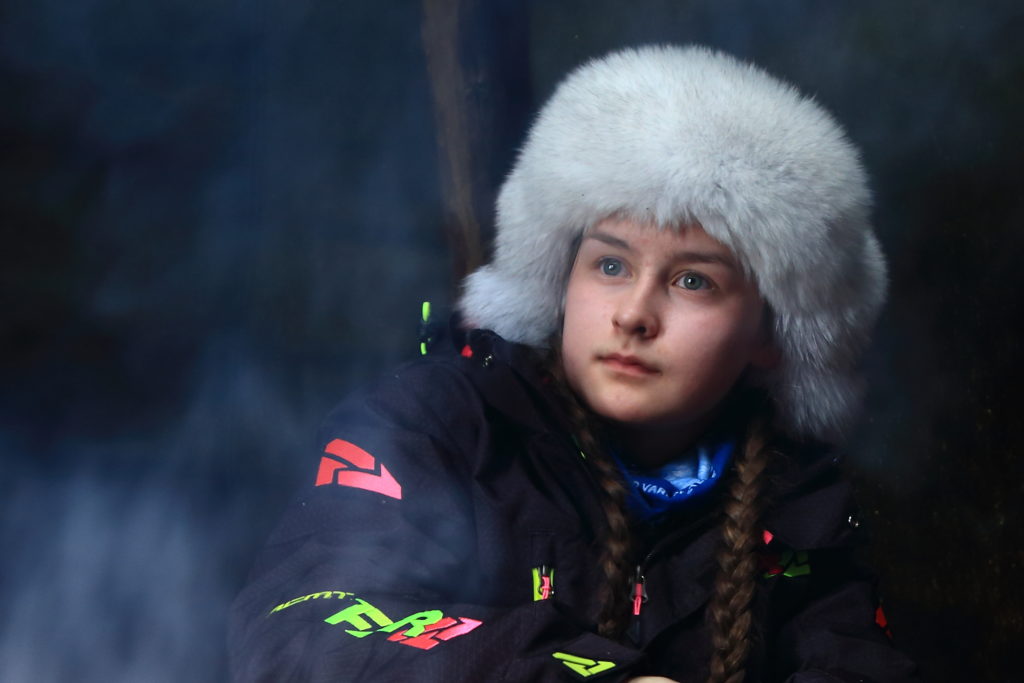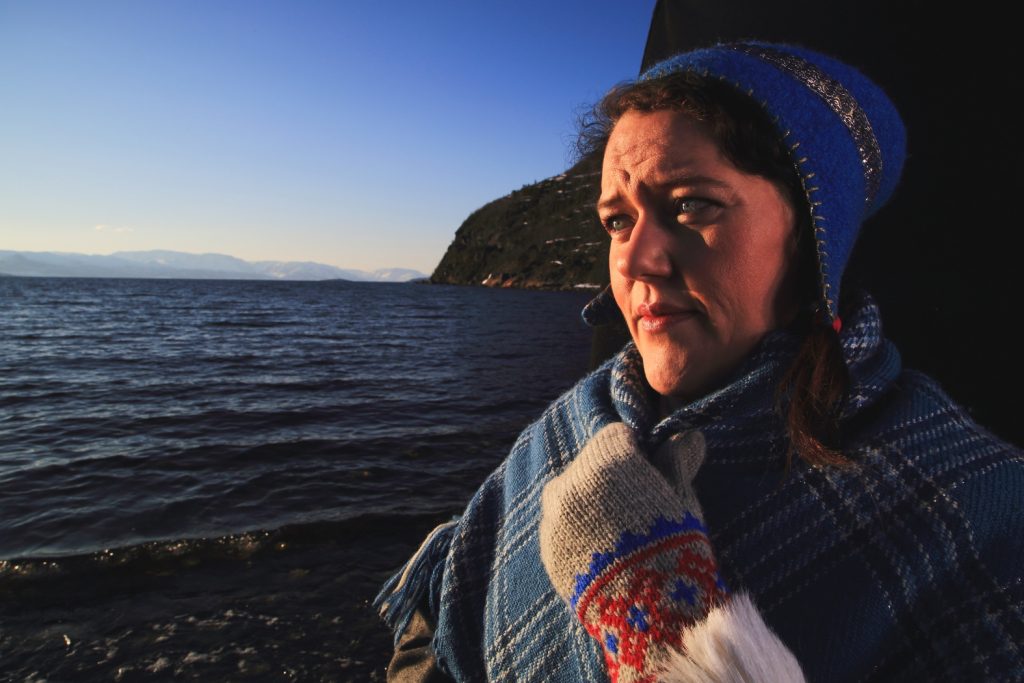Debates over climate change are irrelevant to those living on the edge of existence, from Indigenous Arctic peoples to the herdsmen of Central Asia. In Mongolia, unprecedented weather disruptions are destroying a way of life. Increasingly severe blizzards coupled with unseasonal droughts and heat waves are decimating herds and forcing nomadic pastoralists to overgraze pastures or be forced into the poverty of the capital where coal smog during the brutal winters is literally suffocating residents. For them, climate change is not a hypothetical, it is a reality. Stay tuned for a series of articles coming out of my work in Mongolia.
CLICK IMAGE BELOW TO VIEW PHOTO GALLERY:
